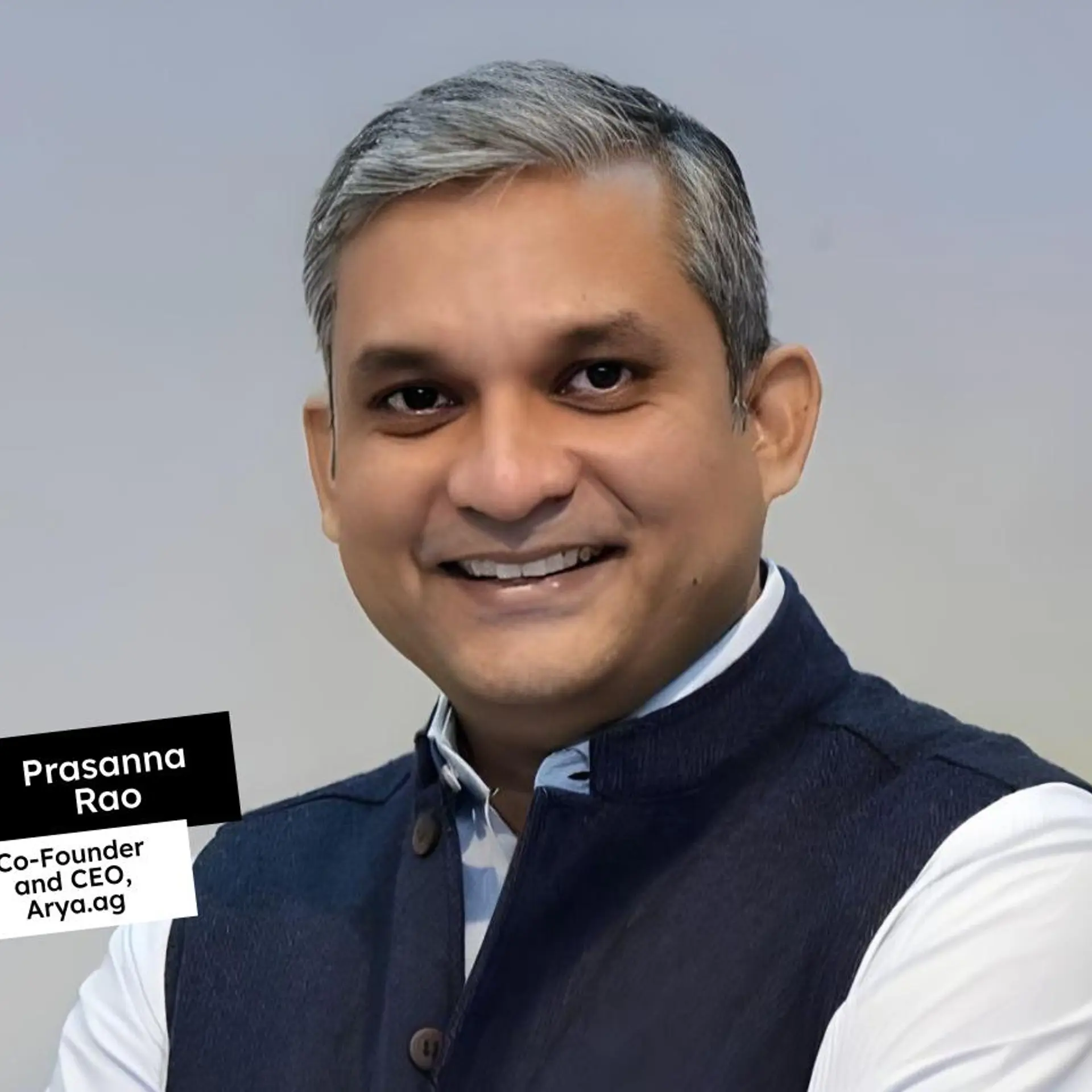This 27-year-old woman is taking digital banking services to villagers at their doorstep
A widow with a four-year-old son and aging parents, Anjali Vazare was struggling to make ends meet. She has now become the first government-authorised service provider of AePS, which aims to provide last-mile banking and allied services to people in rural areas.
Every time a person in Pathardi village, Jawhar Block in Thane district of Maharashtra had to withdraw money, check bank balance, or avail any other banking services, it would cost them half a day’s time to travel around 15 kms and Rs 40 to cover the distance. After reaching the two nearest bank branches – the State Bank of India and Bank of Maharashtra – they would then have to stand in long queues.
However, today, banking services are offered at their doorstep, thanks to Anjali Vazare, fondly called as ‘e-dost’ by the village people. The 27-year-old starts her day at 6 am and carries out all transactions, including cash deposit, withdrawal, and bill payment till 9 am, and goes to the bank to collect a rotating fund, managing up to Rs 1 lakh at a time.

Anjali Vazare is the first government authorised service provider to Aadhaar Enabled Payment System (AePS) in Jawhar block, Thane district, Maharashtra.
She also completes the accounting work of the daily transaction before wrapping up her day’s work. Since June 2019, Anjali, along with one other e-dost, has conducted transactions worth over Rs 40 lakh.
A self-sustaining gram panchayat
Anjali, who has a matriculation certificate, was trained by Tata Motors and BAIF Institute for Sustainable Livelihoods and Development (BISLD). While serving as a community resource person to raise and communicate issues in the village to the non-profit organisation since 2018, Anjali highlighted the difficulties in availing banking services.
In order to address this, BISLD trained Anjali to become the first government authorised service provider to Aadhaar Enabled Payment System (AePS) in Jawhar block, and function as a doorstep banker by using smartphone and a bio-metric machine. Besides handling the machine, she also learnt about bank operations, AePs platform, and to maintain cash flow.
“I started going door-to-door to provide services such as bill payments, mobile recharge, etc., and also participated in community meetings in order to educate people about these services. I was a little hesitant in the beginning as money was involved,” she says. However, lack of network connectivity in the area continues to be a challenge, she adds.

E-dost Anjali Vazare educating the villagers on how to avail banking services at their doorstep, which includes cash deposit, withdrawal, and bill payment, among others.
This is part of the Integrated Village Development Programme (IVDP), jointly run with the office of the Chief Minister of Maharashtra, aimed at creating a replicable model of a self-sustaining gram panchayat. They hope to achieve this by leveraging the government’s scale and machinery and the corporate’s speed, managerial skills, and competence.
Gaining financial freedom
In addition to taking Reserve Bank of India’s (RBI) goal of financial inclusion to the rural areas of the country, the work has provided Anjali a great deal of financial independence as well.
Hailing from a lower middle-class family in the village, Anjali lost her husband just after five years of marriage, and was left with a four-year-old son and aging parents. This posed a lot of emotional and financial stress as farming was the only source of income for the family.
The opportunity to work as an ‘e-dost’ came at the time when most of her days were spent looking after her family members.
“I hardly had Rs 100 in my pocket earlier, and now, I am able to manage funds in lakhs for the entire village. More importantly, I have also been able to buy a two-wheeler for my daily commute. This is something I never thought I could buy with my own hard-earned money,” she says. She earns a salary of Rs 5,000 every month.
Serving more than 600 people, Anjali has achieved a turnover of Rs 23.42 lakh in one year, and touched her highest monthly target turnover of over Rs 5 lakh in May 2020.
Anjali says, although the villagers were a little skeptical of taking her assistance with the banking facility, making them aware of the AePS programme helped her tremendously. Additionally, she says, the continuity of service and the turnover is a testament to the increasing acceptance of the facility in her community. This has also proved useful for the villagers during the COVID-19 lockdown.
Anjali says, it has been an “overwhelming and enriching” experience, boosted her confidence, and instilled a strong entrepreneurial spirit. “This opportunity has cultivated a new social image for me, and I am proud this has granted me immense respect as I became the first business woman of the family,” she adds.
Edited by Megha Reddy









